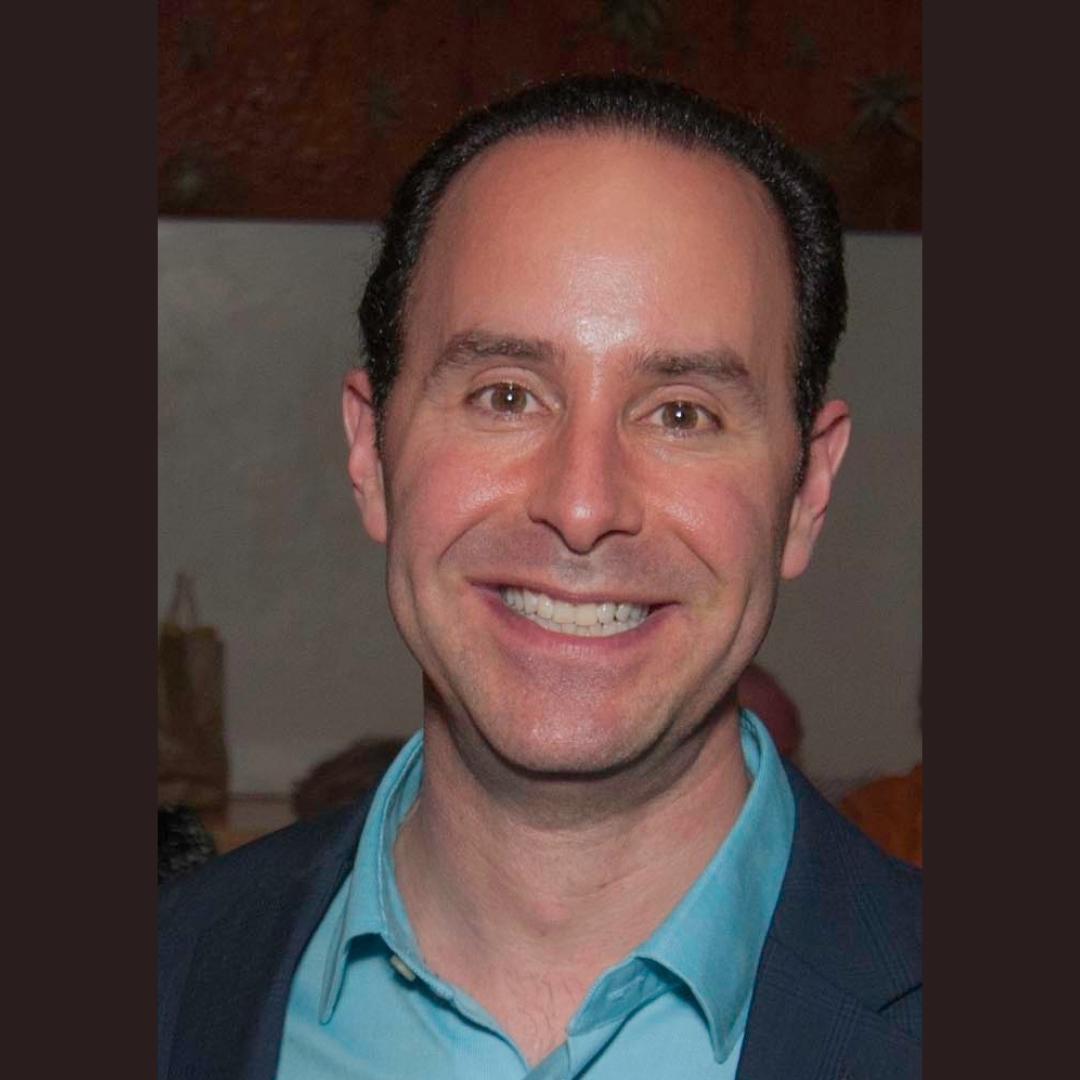
Let’s say someone is trying to use a real-time traffic app on their iPhone or Android, but they forgot they turned off the GPS feature on their phone. The traffic app won’t work. Now, there isn’t anything wrong with the traffic app, but it might look that way to the customer. It’s not the traffic app’s fault that the customer forgot they turned off the GPS, but when that person concludes that the traffic app is unreliable and doesn’t work, it is the traffic app’s problem. We’ve infused this lesson into Cadalys in many ways. For example, the latest release of our software makes 160 different checks for things a system administrator might have done wrong that would affect our software. Again, not our fault if the administrator makes a mistake outside of our software, but it is our problem if that mistake makes them think our software isn’t working properly. If the software detects one of the 160 mistakes, it informs the system administrator and shows them how to correct it. This new feature of our software not only reduces tickets logged with our Customer Support Center, but it also helps improve the perception of our software. Once the system administrator realizes something was, in fact, their fault, then it is no longer our problem—it doesn’t inadvertently reflect negatively on our software.
If You Can Have A One-Hour Meeting With Someone Famous Who Is Alive, Who Would It Be?
Nobel Prize for Chemistry winners Emmanuelle Charpentier and Jennifer A. Doudna. I think a discussion with them about their development of the CRISPR genome editing method, the many implications for better crops and the fight against disease, as well as the many ethical facets, would be a fascinating and enlightening hour.
What Is Your Favorite Quote And Why Does It Resonate With You?
It’s a quote by Walter Scott: “One hour of life, crowded to the full with glorious action, and filled with noble risks, is worth whole years of those mean observances of paltry decorum, in which men steal through existence, like sluggish waters through a marsh, without either honor or observation.” It resonates with me for reasons I mentioned earlier about looking back on your life and feeling like you really lived it. In the current season of my life, that means rapidly growing Cadalys by providing game-changing software and enabling our customers to achieve things they could otherwise never achieve.
Is There A Parable That You Often Think About? What Is It And What Lesson Does It Teach?
A young boy, who had recently lost his left arm in a car accident, decided to study Judo. After months and months of studying, his instructor was still teaching him the same one move. The boy asked his instructor, “Shouldn’t I be learning more moves?” The instructor replied, “This is the only move you need to know.”
After several more months, the instructor took the boy to compete in his first tournament. The boy surprised himself by easily winning the first two matches. The third match was a more difficult opponent. The opponent charged, but the boy used his one move and beat the opponent. This brought the boy to the finals.
The opponent at the final match was bigger, stronger and more experienced. It seemed certain that the boy was outmatched. However, as the match started, the boy used his one move and won the match and the tournament!
On the way home, the boy asked his instructor how he could have won the tournament with only one move when he was competing against opponents who were bigger, stronger and more experienced. The instructor replied, “You won for two reasons. First, you have been working on mastering one of the most difficult moves in Judo. Second, the only known defense against that move is for the opponent to grab the practitioner’s left arm.”
The parable teaches that what some people might label a weakness might not be a weakness at all but a strength. At Cadalys, when we are up against competitors, we know how they are going to position themselves. We know what they are going to tout as their strengths, and we have a good idea of the ways in which they are going to paint us as having weaknesses. Then, thinking about the specific customer and their business needs, we decide how to use the competitors’ strengths against them as weaknesses and how we are going to position our (mis)perceived weaknesses as strengths.
Who Is Your Role Model?
My dad. In addition to being a successful entrepreneur, he has an uncanny ability to distill a situation into its core components and then communicate to people on their level and in their view of the world. This gives him a next-level ability to break through obstacles and get people on board with an idea. I bounce a lot of things off of him.
What Do You Do In Your Free Time?
Spend time with my family. I don’t have a lot of free time given the speed of our growth and all it entails, and I try to spend as much time with my family as possible.
What Does Success Mean To You?
Every time I get an email from a customer thanking us for helping them transform their business, that is when I have a tremendous feeling of success. Same when an employee describes how they’ve never before had the opportunity to work with such a driven and passionate team—that is another time when I have a tremendous feeling of success.

